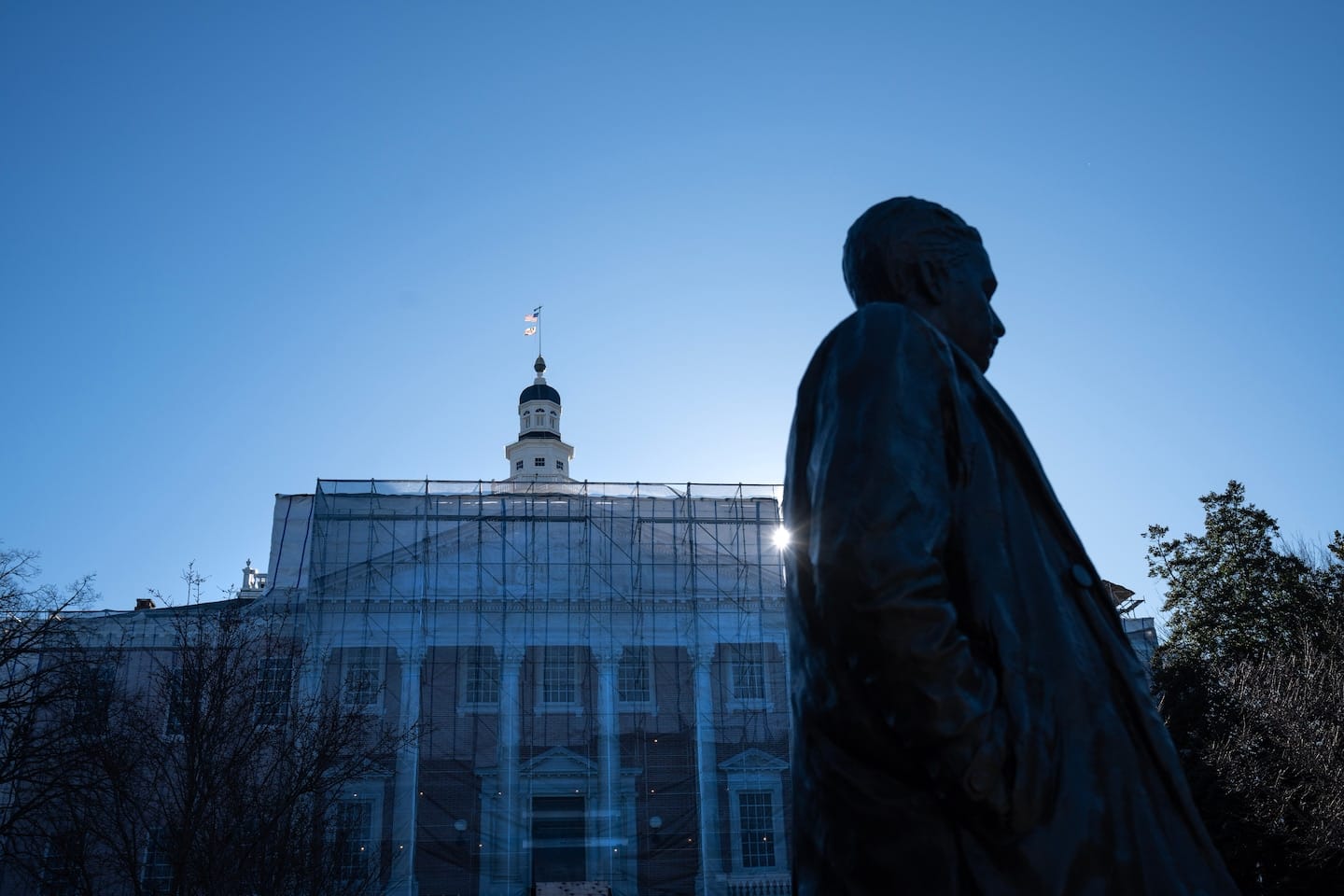Transportation and Education Funding Boosted by New Maryland Budget
In a move to bolster transportation and education, the Maryland General Assembly has successfully passed a budget that will generate an estimated $340 million in additional revenue. This financial boost is set to enhance the state’s transportation infrastructure and educational programs, while also increasing support for Maryland’s shock trauma system. However, it’s not all Marylanders who will be sharing the cost of these improvements.
The lion’s share of revenue increases will stem from vehicle-related fees and fines. These funds are earmarked for trauma care and various transportation projects. Additionally, education funding will see a significant contribution from new taxes on tobacco products. This budgetary compromise was reached after a two-week-long heated debate among the Democrat-controlled legislature. The House pushed for more substantial increases, while the Senate advocated for restraint. The agreed-upon solution avoids raising income tax, general sales tax, and corporate taxes, and sidesteps the creation of an online poker tax.
Governor Wes Moore expressed satisfaction with the legislative outcome, emphasizing his cautious approach to revenue hikes and their potential impact on working families. With the close of the General Assembly’s final session day, it was noted that plans for funding future transportation costs and expenses for the Blueprint for Maryland’s Future education program post-fiscal 2027 remain unresolved.
Starting in June, Maryland drivers will feel the impact of the new budget in their wallets. Vehicle registration will include an additional $23 annual surcharge, doubling for biennial payments. This increase is intended to reinforce the Trauma Physician Services Fund and other emergency medical services. Registration fees are set to rise, generating nearly $169 million in new revenue, with higher fees imposed on heavier vehicles due to their greater impact on road wear and tear.
Vehicle shoppers should be aware of an increased $800 dealer processing charge, up from the previous $500 cap. This fee, while negotiable at dealerships, will be included in the sale price and subsequently taxed at 6 percent. Electric vehicle owners are not exempt from fee hikes; they will face a $125 surcharge for plug-in electric vehicles and a $100 surcharge for plug-in hybrids every two years upon registration renewal. These fees are likened to what gas-powered vehicle owners would pay in gas tax.






